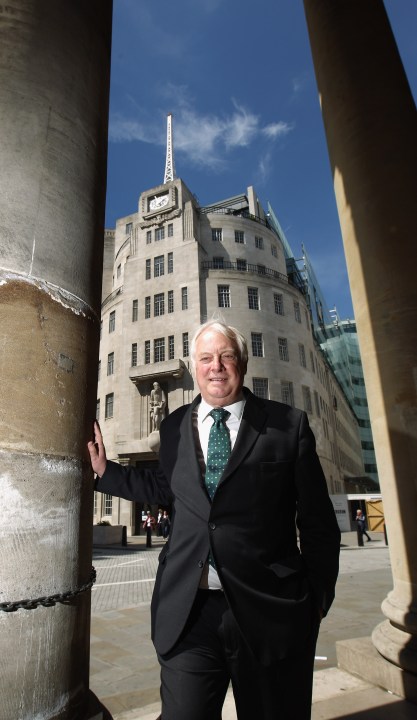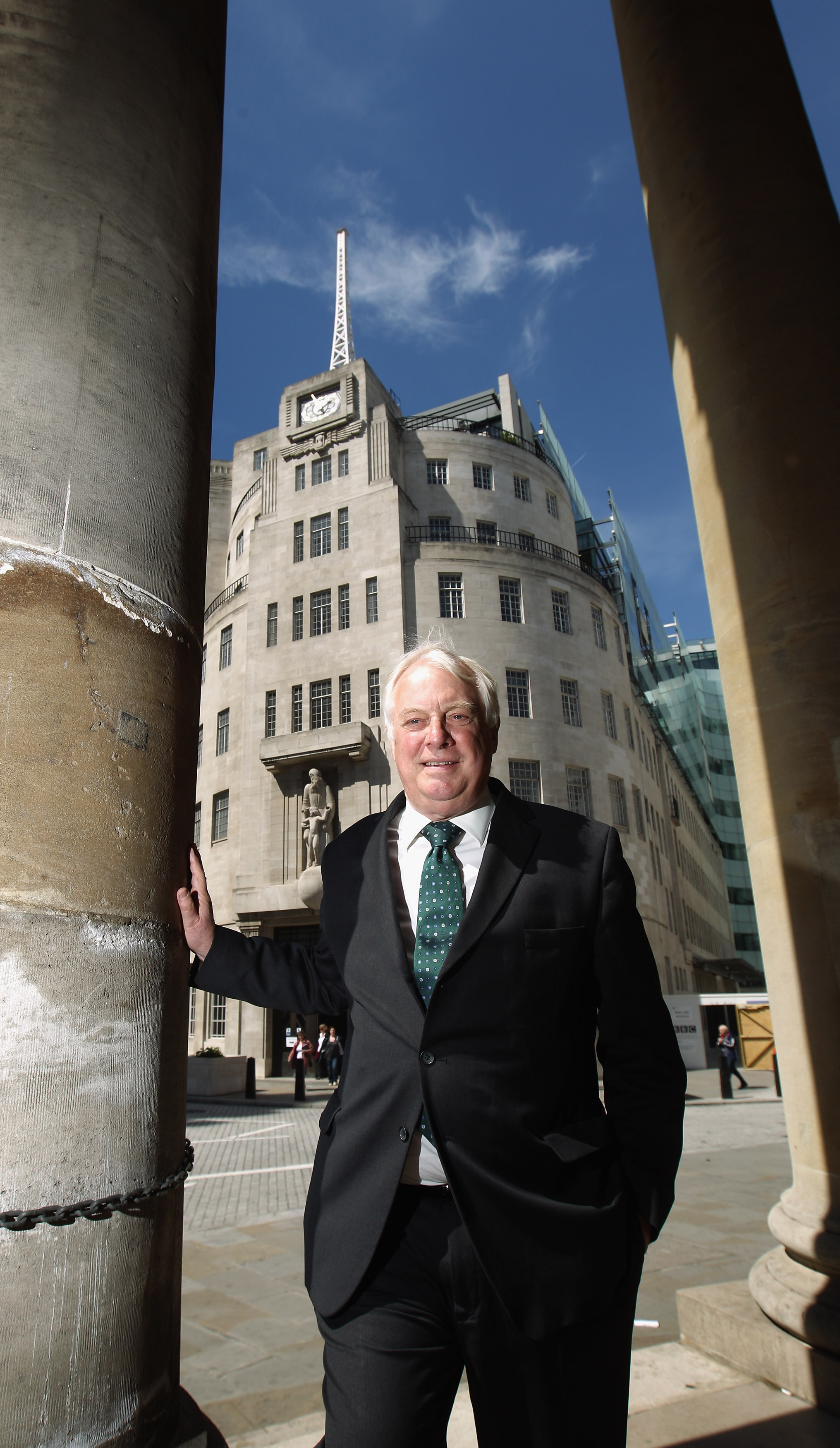 Chris Patten has held almost every great and good job the great and the good can offer:
Governor of Hong Kong, Companion of Honour, European Commissioner, Chancellor of the University of Oxford and Chairman of the BBC Trust. Only his parents’ decision to send him to a Catholic
church will prevent him becoming Archbishop of Canterbury and winning the game of establishment bingo with a full house.
Chris Patten has held almost every great and good job the great and the good can offer:
Governor of Hong Kong, Companion of Honour, European Commissioner, Chancellor of the University of Oxford and Chairman of the BBC Trust. Only his parents’ decision to send him to a Catholic
church will prevent him becoming Archbishop of Canterbury and winning the game of establishment bingo with a full house.
Patten features in Peter Oborne and Frances Weaver’s strange polemic against British supporters of the Euro. (Strange because Gordon Brown and the Labour Party stopped Britain joining the Euro so the authors have no crime to accuse the “guilty men” of – other than being wrong.) Their dissection of the folly of the BBC and Chris Patten, the man now charged with regulating it, however, is a palpable hit because it raises wider questions about corporate governance.
BBC bias in favour of the Euro or any other obsession buzzing in the minds of the liberal upper-middle class is hard to study because those who perpetuate it are unmanly journalists. Instead of leaving the corporation to propagate their views openly as a politician, author or opinionated writer in the press, they insinuate and manipulate. They subvert BBC neutrality, while pretending to remain inside it, by rigging interviews, asking tough questions of their opponents and soft ones of their friends. BBC bias is a sly and slippery phenomenon, more of a badge of social allegiance than a political affiliation, which is hidden from view for most of the time.
Oborne and Weaver find an empirical way to nail it down by counting the number of time the Today programme invited speakers to debate the Euro at the height of the controversy about joining in the summer of 2000. Supporters of the Euro outnumbered opponents by some measure, of course. As tellingly, they find that the BBC led:
A man like Patten will not tackle BBC bias because its bias is his bias. Nor will he understand the damage it does to what is, despite everything, an institution worth defending. But at least one might expect that his loyalty to the institution would compel him to stand up for good BBC journalism. A story from Patten’s time at Oxford, which deserves a wider circulation than it has received, suggests that he will not.“its news coverage on scare stories that failure to join the euro would lead to economic or industrial disaster. When those reports turned out to be false, it failed to correct them. In fact Britain was enjoying record levels of foreign investment: but when the Office for National Statistics figures showed this, the BBC made very little of it.”
The University produces a magazine for alumni called Oxford Today. The nearest equivalents in the national media are Prospect, Standpoint or Intelligent Life. Oxford Today publishes serious features with an Oxford connection about the arts, history, economics and science in an attempt to persuade graduates to give to the alma mater. The front section begins with a roundup of news about the university. It is uncontroversial … almost bland. But its straight reporting was too much for the university’s directorate of public affairs. The bureaucrats began to object to the smallest deviations from the party line. I cannot over-emphasise how piddling and paranoid the objections were. The PR men said Oxford Today should not run a short article about how the university’s proctors (police officers) were logging on to Facebook to find pictures of students getting drunk after their exams, even though the story had been all over the national press and could be found via Google with one click of a mouse. When the magazine proposed publishing an unexceptional, indeed flattering, profile of a donor, the directorate insisted that she have copy approval. They wanted a propaganda sheet, in short, even though alumni of Oxford do not need to be spoon fed propaganda because they are intelligent men and women (Well, most of them are).
The editor, a fine journalist called Greg Neale, protested and his editorial board backed him. Patten behaved in a manner worthy of a liberal grandee who aspired to chair the BBC trust. At an open forum for Oxford alumni in September 2008, he said that “the last thing we want is some sort of North Korea Times.” Oxford Today would not read as if control freaks were in charge.
That seemed to be the end of the matter. Patten was Chancellor and he had spoken up for freedom of thought, a freedom that all Oxford academics rely on. But his bureaucrats wanted Neale out. They switched printers, and said that Neale had to reapply for his job. When he did, his new employers told him that his services were no longer required. Gillian Reynolds of the Telegraph and other members of the editorial board protested, but Patten, who had announced his devotion to intellectual freedom and detestation of censorship, did nothing to protect Neale.
You do not get to hold so many plum jobs if you develop a reputation for making a scene and standing up for the little guy.
The BBC looks as if it has the least qualified man for the job. He will not condemn the shabby Radio 4 presenter, who sneaks in views he lacks the courage to admit to owning, but will not uphold editorial independence and defend investigative journalists or even honest reporters who just want to tell it straight.








Comments